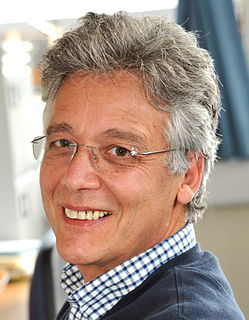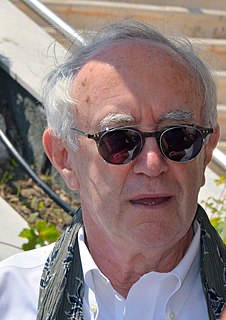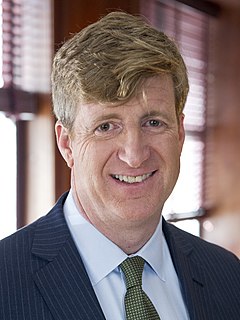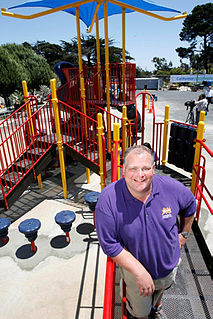Top 1200 Cognitive Behavioral Therapy Quotes & Sayings
Explore popular Cognitive Behavioral Therapy quotes.
Last updated on April 14, 2025.
The first principle of cognitive therapy is that all your moods are created by your 'cognitions,' or thoughts. A cognition refers to the way you look at things - your perceptions, mental attitudes, and beliefs. It includes the way you interpret things - what you say. about something or someone to yourself.
Cognitive therapy is based on the idea that when you change the way you think, you can change the way you feel and behave. In other words, if we can learn to think about other people in a more positive and realistic way, it will be far easier to resolve conflicts and develop rewarding personal and professional relationships.
Mood reflects the biology of the brain. How you feel is affected by the chemicals in the brain, and these are the same chemicals that form the basis of mood-altering drugs. You may use yoga, meditation, cognitive behaviour therapy (CBT) or exercise to alter your mood, or revert to healthy eating, regular exercise and getting enough sleep.
What I argue is that talk of knowledge plays an important role in theories within cognitive ethology. The idea is this. First, one sees cognitive ethologists arguing that we need to attribute propositional attitudes to some animals in order to explain the sophistication of their cognitive achievements.
In studying language we can discover many basic properties of this cognitive structure, its organization, and also the genetic predispositions that provide the foundation for its development. So in this respect, linguistics, first of all, tries to characterize a major feature of human cognitive organization. And second, I think it may provide a suggestive model for the study of other cognitive systems. And the collection of these systems is one aspect of human nature.
The government ought to help out, because the average citizen can't go out and be doing reviews of the scientific literature. And focus on the processes that have low side effects and good long-term outcomes. Right now you're going to find those in the psychosocial area, in the therapy area, in the empirically supported treatments such as ACT or cognitive behavior therapy, behavior therapy. And go there first rather than going to the pill bottle as if it's going to be the end of your journey. Very often it's only going to help, and even only to a minor degree, and more is going to be needed.
Suicide rates have not slumped under the onslaught of antidepressants, mood-stabilizers, anxiolytic and anti-psychotic drugs; the jump in suicide rates suggests that the opposite is true. In some cases, suicide risk skyrockets once treatment begins (the patient may feel not only penalized for a justifiable reaction, but permanently stigmatized as malfunctioning). Studies show that self-loathing sharply decreases only in the course of cognitive-behavioral treatment.
The Freudian tradition will never completely die because it has a few good points. For example, people have motives and thoughts of which they are unaware. Most of cognitive therapy has now adopted a similar idea. On the other hand, the relationship part of psychoanalysis - where you must have a deep, emotional relationship with the client - will, I think, get kicked in the teeth one of these days.
Treatment Plans and Interventions for Depression and Anxiety Disorders provides clinicians with essential guidelines to treat patients in the era of managed care. Seven psychiatric disorders are described and conceptualized in cognitive-behavioral terms. The authors then provided an unusually clear, reader-friendly description of how to assess and treat each disorder with illustrative case examples, and patient forms and handouts. It should prove very useful for clinicians or clinicians-in-training who want to learn how to conduct short-term treatment through an empirically validated approach.
The cognitive therapy that takes place in the film Antichrist is a form of therapy that I have used for some time, and it has to do with confronting your fears. I would say that especially the part of the film that has to do with therapy is humoristic because people who know about this form of therapy would know that the character is more than a fool.
Drugs are about dulling perception, about addiction and about behavioral repetition...What *psychedelics* are about is pattern- dissolving experiences of an extraordinarily high or different awareness. They are the exact opposite of drugs. They promote questioning , they promote consciousness, they promote value examinations, they promote the reconstruction of behavioral patterns.
I'm doing a lot of cognitive processing. I'm gathering research. I'm processing it. I'm arranging the data. I'm sorting out the narrative. I'm designing. It's almost as if I do all the cognitive work that you then don't have to do. I digest it, process it, and then offer something that's very easy for you to digest.




















































